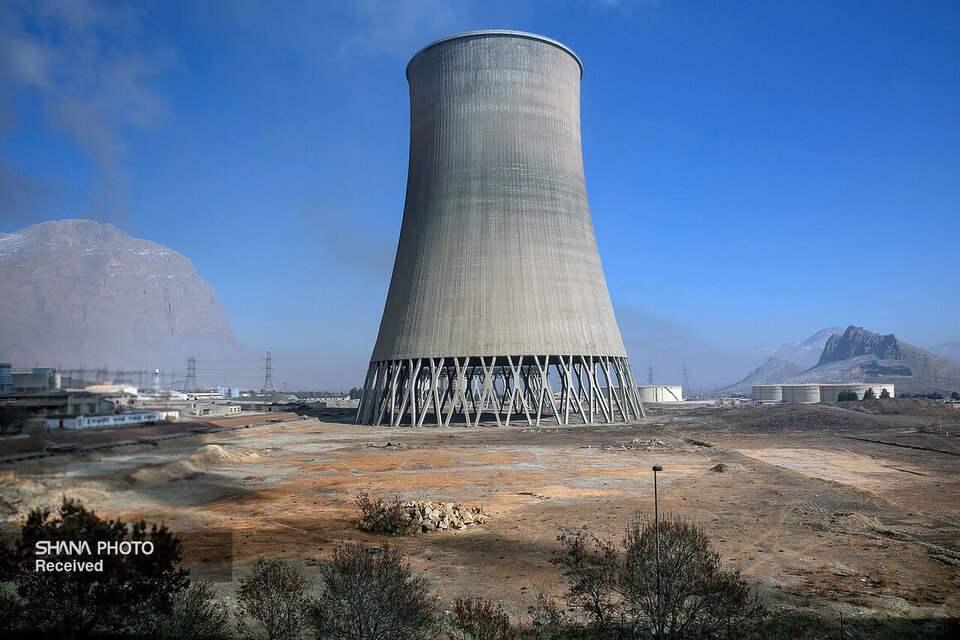Speaking in a televised interview on Saturday, Keramat Veis-Karami highlighted that fuel storage levels at power plants—comprising diesel and fuel oil—depend on factors such as natural gas consumption, power plant efficiency, gas and electricity consumption management, and the equivalent fuel required by power plants, which includes natural gas and backup fuel.
Veis-Karami stated that the NIOPDC supplies backup liquid fuel to power plants. From the start of this year (March 20) through December 13, approximately 13.7 billion liters of liquid fuel were delivered to power plants, compared to 9.7 billion liters during the same period last year and this represents an increase of 4 billion liters, or 41%.
He added that from Dec. 1 to Dec. 13 this year, the average daily delivery of diesel to power plants was 46 million liters, marking a 24% increase from the same period last year. During this time, fuel oil deliveries also rose by 26%, reaching an average of 25 million liters per day.
Veis-Karami noted a 25% increase in liquid fuel delivery to power plants in December compared to last year, attributing the rise to reduced fuel reserves at power plants by the end of August. At the close of August, diesel fuel reserves were 1.8 billion liters, down from 3.2 billion liters in the same period last year—a decrease of 1.4 billion liters.
Similarly, fuel oil reserves dropped to 1.4 billion liters from 1.9 billion liters last year. Overall, power plant liquid fuel reserves, including both diesel and fuel oil, were 1.85 billion liters lower at the end of August than during the same period last year.
Veis-Karami identified reduced fuel oil consumption and an average daily diesel consumption of 11 million liters during the summer as key factors for the decline in diesel reserves.
He suggested that using more fuel oil in power plants during warmer months could have preserved significant amounts of diesel fuel in storage.
The official also emphasized a recent boost in diesel production for power plants, with December output increasing by 13 million liters per day compared to the first five months of the year.
Veis-Karami noted that, per a Cabinet decision, refineries are required to produce liquid fuel meeting national standards by 2027.


Your Comment